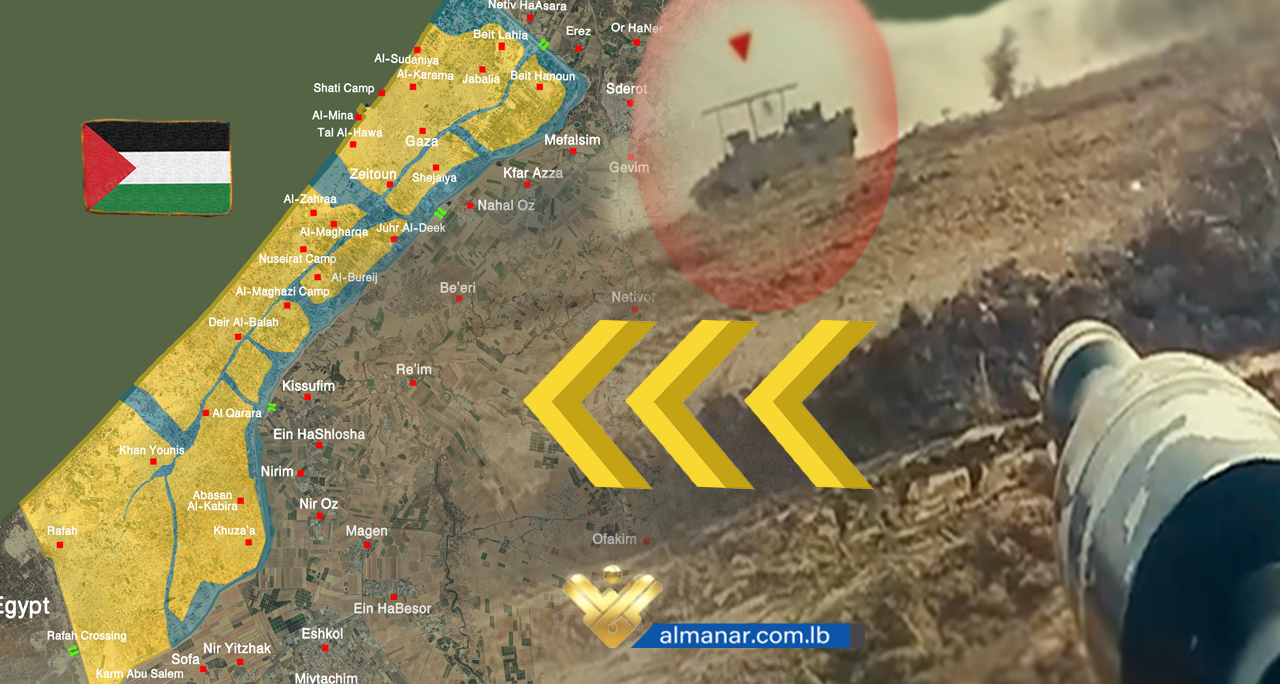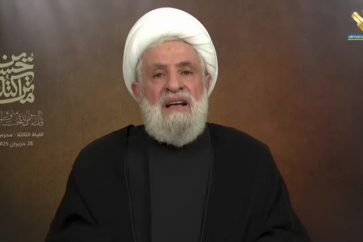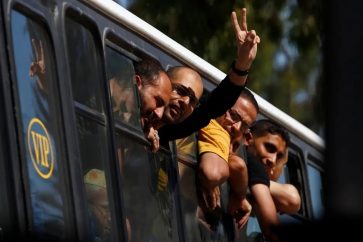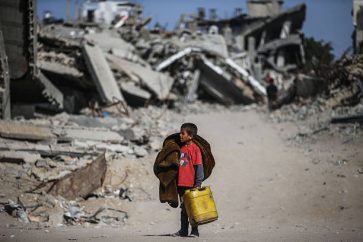Maps prepared by Mohamamd Assaf
Nearly five months on the start of the Israeli ground offensive in Gaza, the Palestinian resistance, by its unwavering resolve, still stands as an impenetrable barrier, despite the relentless aggression and the horrific genocide.
Started on October 27, 2023, the ground offensive was declared with the stated goals of eliminating Hamas and releasing the captives taken by the resistance group during the heroic Operation Al-Aqsa Flood on October 7th.
Despite attempts of advance throughout long weeks of ferocious fighting, the Israeli occupation army failed to secure its presence in numerous areas across the strip, and was forced to pull out several brigades from Gaza.
Al-Manar has prepared several maps that show the course of the battlefield since the start of the ground invasion. The maps provide a comprehensive visual representation of the battlefield’s dynamics and tactical maneuvers.
Maps Talk
On the evening of 27 October, the Israeli occupation forces (IOF) launched a large-scale ground assault on the towns of Beit Hanoun and Bureij in the Gaza Strip. A day later, the occupation military said the deployed units were still on the ground, marking the beginning of the Israeli invasion of the Gaza Strip.
During the first month of the ground offensive, the Israeli incursions initially took place at two areas: Beit Hanoun in the north and in the area near Juhr Al-Deek in the strip’s center, south of the Gaza City (Map 1 gives more details). The occupation troops then expanded their presence from the north to the west, and then to the center.

By November 18, the occupation military ended up in cutting the Gaza Strip in to two halves, the north and the south, and in encircling the Gaza City.
Later in December, the IOF attempted to stage a new incursion in the south, near Al-Qarara city, north of Khan Younis (Map 2). In this stage, the Palestinian resistance was still capable to stage attacks against the occupation forces in the north.

Two weeks later (by December 19), the occupation forces tried to expand their presence in the north, the center and the south (Map3). During this phase, heavy losses were inflicted upon the IOF who were met by fierce resistance.

By December 22, the Israeli occupation army pulled out several brigades from Gaza, including the Golani Brigade, after significant losses inflicted upon (Map 4 gives more details).

The resistance’s say was decisive later in January: The Israeli occupation can never control the northern area of the Gaza strip, it can only lay siege to the area and try to make another attempt in the south, in Al-Qarara and Khan Younis (Map 5 gives details).

During February, the Israeli occupation army tried to bolster its military presence in the north.
In March, and nearly five months on the start of the ground invasion, the Israeli occupation military withdrew from several areas in the Strip’s center and south. It ended up building a 1-kilometer deep path on the Gaza Strip’s border with the occupied territories in Gaza envelope (as shown in Map 6).

The Unbreakable Resistance
By March 19, the official Israeli death toll, announced by the occupation military since the start of the ground offensive, stood at 251, with estimations that the real figures have been far greater.
Fighting in an urban environment, the Israeli troops have been facing many challenging factors that shaped the outcome of the military engagements.
Of these challenging factors are the booby traps and shells. These local-made explosive devices have been used by the well-trained resistance fighters, frequently at point-blank range.
Furthermore, the complex tunnel system in the Gaza Strip is seen by the occupation army as a serious problem. Fighters can move between the buildings without actually going outside into the street, indicating that soldiers are susceptible to ambush.
On the other hand, the resistance fighters are seen as a formidable adversary to the occupation army as they are the native people of Palestine. They are familiar with the territory in Gaza and have been preparing for this for a long time.
Ultimately, the Israeli ambitions have crumbled against the resilience of the Palestinians, leaving their hopes of conquest dashed against the achievements secured by the unbreakable resistance.
Source: Al-Manar English Website







